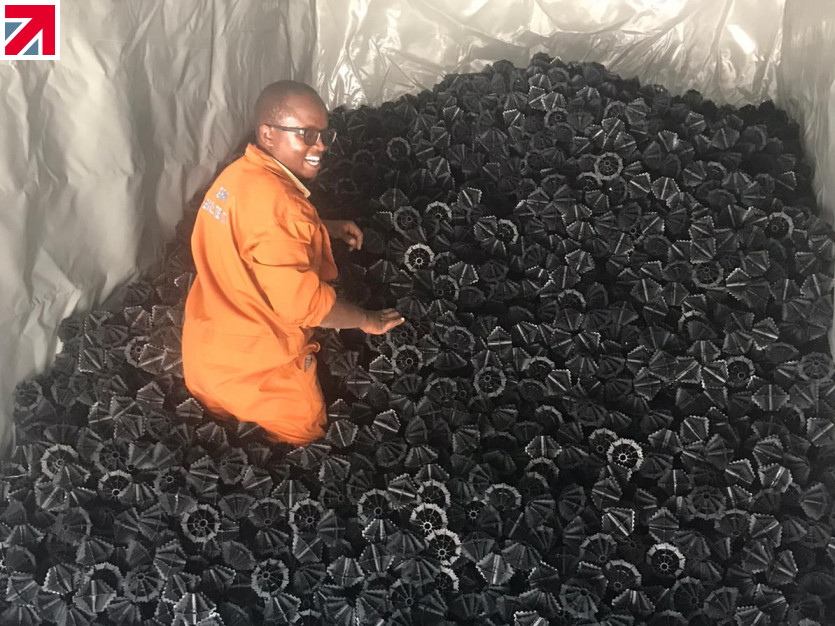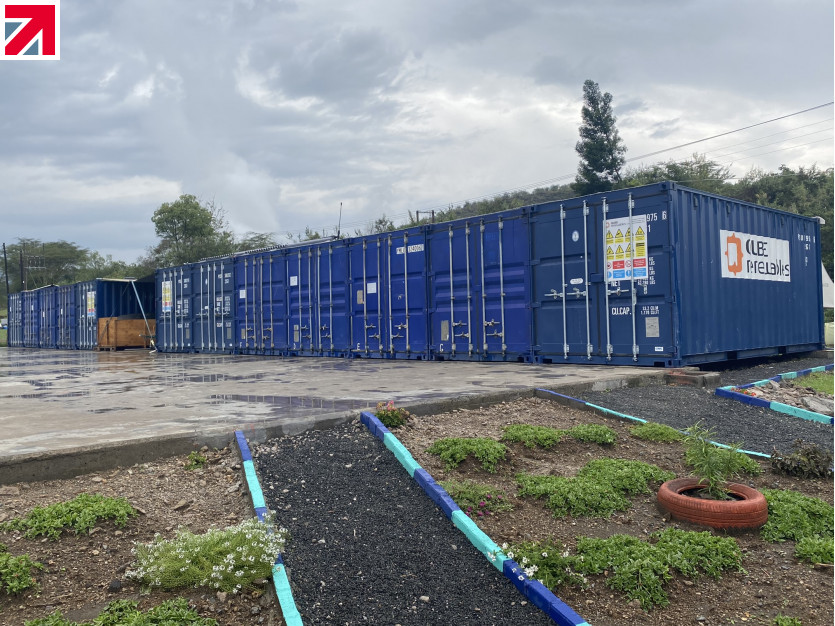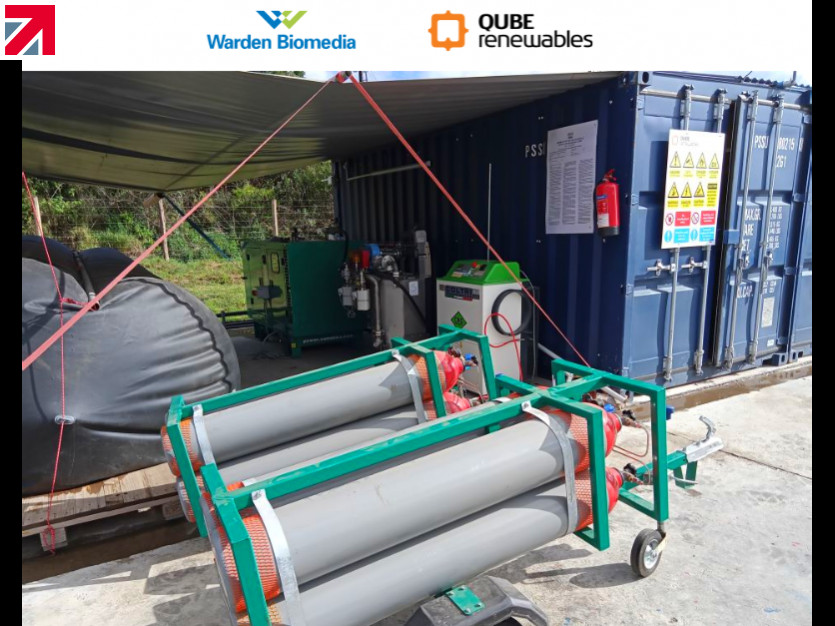Bohemian Flowers on the south shores of Lake Naivasha, Nakuru County, Kenya, is today one the largest rose and mixed flower farms, exporting blooms all over the world. Once owned by a member of the Happy Valley set, the estate was first established as a cattle ranch until a Dutch entrepreneur Hans Zwager acquired the estate in 1968 and started exploring opportunities in agribusiness with a small vegetable operation growing beans. In 1982, the business ventured into the world of cut flowers and was one of the first on Lake Naivasha to do so. Such was the success that Oserian developed an expansive floricultural business which became pivotal to Kenya’s floricultural growth over three decades paving way for today’s highly successful cut flower industry. In 2021 the flower farm was divested to Bohemian Flowers to take forward the legacy.
Local energy from local waste
The farm has long been involved in sustainability, and boasts a large solar farm, geothermal wells and vermiculture farm. Now the farm plays host to a waste-to-energy project funded by Innovate UK, in partnership with QUBE Renewables, Grants Biotech and the University of South Wales. The project uses new dry digestion techn ology, batchQUBE, to process high cellulose flower waste and produce renewable energy in the form of biogas which will be used for cooking in the flower farm’s canteen.
Established in 2013, Somerset-based QUBE Renewables set out to provide innovation in the anaerobic digestor (AD) sector. Their first AD was designed for the Ministry of Defence, who were looking for a robust, easily transportable and simple technology to deal with food and sewage waste whilst providing energy on forward operating bases. The company’s mission is to produce “local energy from local waste”.
Established technology
The concept behind the new plant was aided by research carried out by the University of South Wales, the UK’s centre of excellence for AD. The project was constructed by QUBE Renewables and shipped to Kenya where it was installed by Grants Biotech. It consists of ten dry digesters, a concept that was proven following a dryQUBE project in the Philippines. The aim is to process ligneous wastes that need long retention times. These containerised dry digesters are followed by the high-rate digester, where conditions are optimised for methanogenesis, the stage of anaerobic digestion in which the bacteria produce the most amount of useful biogas. In this reactor, the bacteria grow on the surface of the packing material, in this case Warden Biomedia’s Biofil.
“Warden’s Biofil is an excellent media for our high-rate digester”, says David Payne, Head of Engineering at QUBE. “We have 20m3 of Biofil 135 in the unit which provides 135m2 of surface area per m3 and it’s made from recycled polypropylene which is very much in line with our philosophy of sustainability.”
A better future
QUBE Renewables have successfully designed, built and deployed numerous small-scale, eco-friendly biogas energy systems around the world. Mark Barrett, Managing Director at Warden Biomedia says “We are proud to be involved in sustainability projects and our recycled polypropylene bio-filters are perfect for the job. We are glad to be doing our part alongside companies like QUBE Renewables and their clients as we work towards a carbon-neutral future.”
Warden Biomedia, 31 Sundon Industrial Estate, Dencora Way, Luton, Bedfordshire, UK LU3 3HP
Tel: +44 (0) 1582 573 030 admin@wardenbiomedia.com www.wardenbiomedia.com
Find out more about Warden Biomedia on their member profile page here
Member-created content 3 years ago | From members


